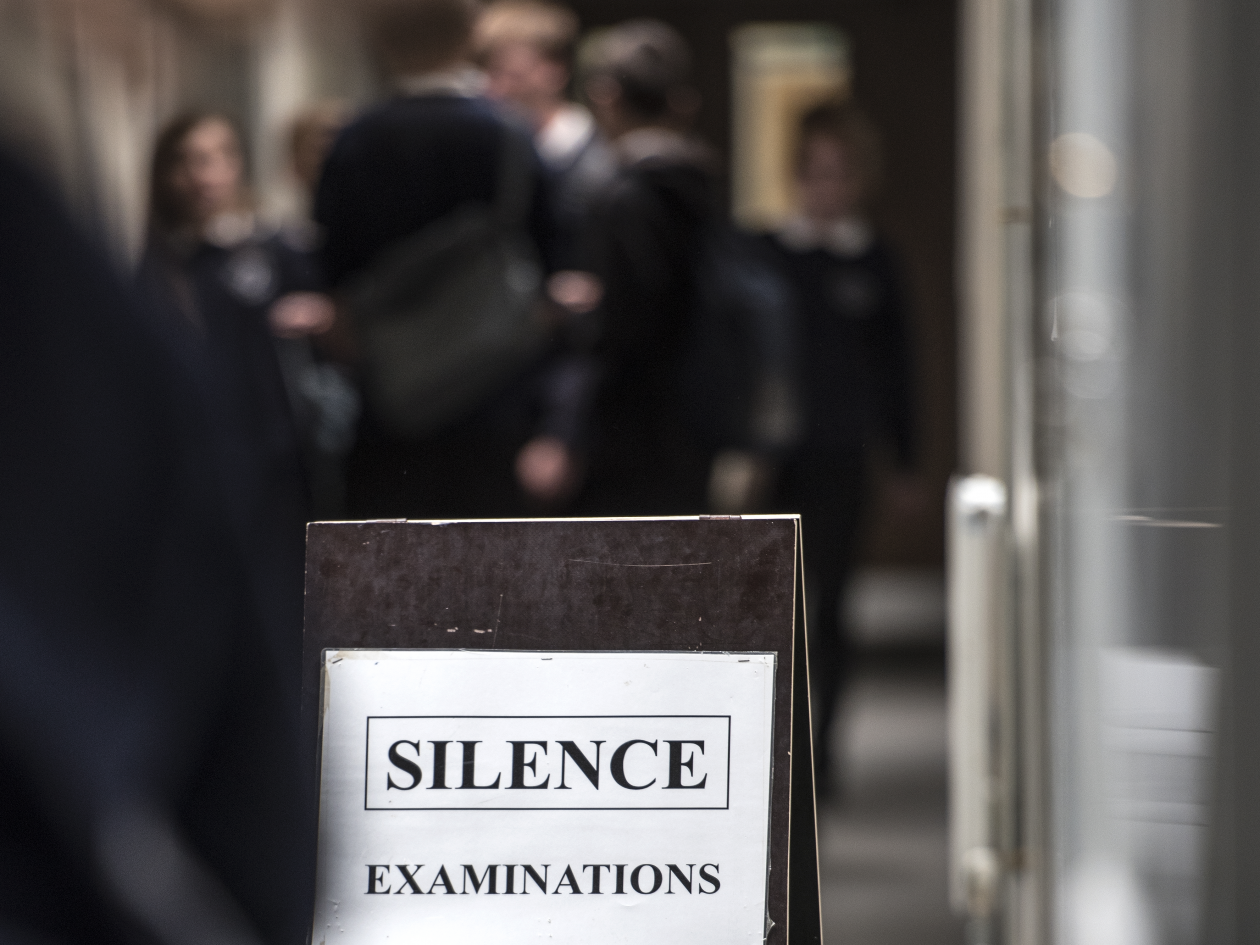As GCSE exam season starts this week, new research has found a positive Ofsted rating can have a surprising negative impact on students. Parents with kids in schools that received a better than expected Ofsted report are much more likely to reduce help with homework and this can have a damaging impact on GCSE results.
The ratings have the opposite effect on students who increase the time they spend studying after a good Ofsted rating, but the dramatic drop in help from their parents appears to be very damaging.
Students from schools who receive a positive report from Ofsted early in the academic year perform significantly worse than those who receive the same information closer to exam time.
Key Findings
- Parents typically reduce help at home when perceived school quality increases. Parents receiving good news are around 20 percentage points more likely to reduce help with homework, for example.
- While parents’ reaction to good news is pronounced, their reaction to bad news about school quality is much more muted. That is, parents that receive bad news do not respond by significantly increasing their help at home.
- Taken together, parents who receive good rather than bad news about the quality of their child’s school are 24 percentage points more likely to reduce the help they give their children with homework and 14 percentage points less likely to increase it.
- Providing information through Ofsted inspections is likely to reduce overall parental investments, because parents in schools that receive good news react more strongly than parents in schools with bad news.
- Information provided by Ofsted inspections is also likely to increase equality in how much parents help their children across schools in England. This is because good schools (often with highly motivated parents) are more likely to receive more good news about school quality, leading to lower investments by parents. This makes the help received by children in good schools more similar to that received in bad schools.
- The shifts in help provided at home are reflected in children’s test scores: children whose families received good news early in the academic year performed significantly worse in the GCSE exams than those where good news was more recently revealed, suggesting that the reduced help by parents lowered children’s exam performance. This is despite children’s own time investment in schoolwork increasing in response to the same information.
A team of researchers from the Institute for Social and Economic Research at the University of Essex, the Institute for Fiscal Studies, the University of Sussex, University College London and the University of Bristol looked at a unique combination of survey data from Understanding Society, the UK Household Longitudinal Study, and combined this with administrative data on Ofsted inspections and school performances at GCSE between 2009-2014. They were able to compare attitudes and behaviours in parents and students and how this changed according to the timings and results of the Ofsted inspection.
Dr Birgitta Rabe, from the Institute for Social and Economic Research at the University of Essex said:
“Policy makers have thought a lot about how providing information on school quality alongside giving parents the freedom to choose schools, induces competition between schools in order to drive up standards. Much less thought has been given into how families react to information about school quality when their children are already in schools. “
Professor Imran Rasul, from University College London and the Institute for Fiscal Studies added:
“Our new research shows parent reactions to an Ofsted inspection are significant and meaningful. They withdraw support for their children when they are happy the school is doing well. This might explain why previous research has found it hard to pinpoint the benefits of attending high-performing schools. More thought should be given to how information on school quality is given to parents, and how to prevent this from having an adverse impact on their children.”
How do parents respond to Ofsted reports – ISER working paper 2019-03
Ellen Greaves (University of Bristol and Institute for Fiscal Studies), Iftikhar Hussain (University of Sussex), Birgitta Rabe (University of Essex) and Imran Rasul (UCL and Institute for Fiscal Studies)
Download the briefing note or view the working paper
